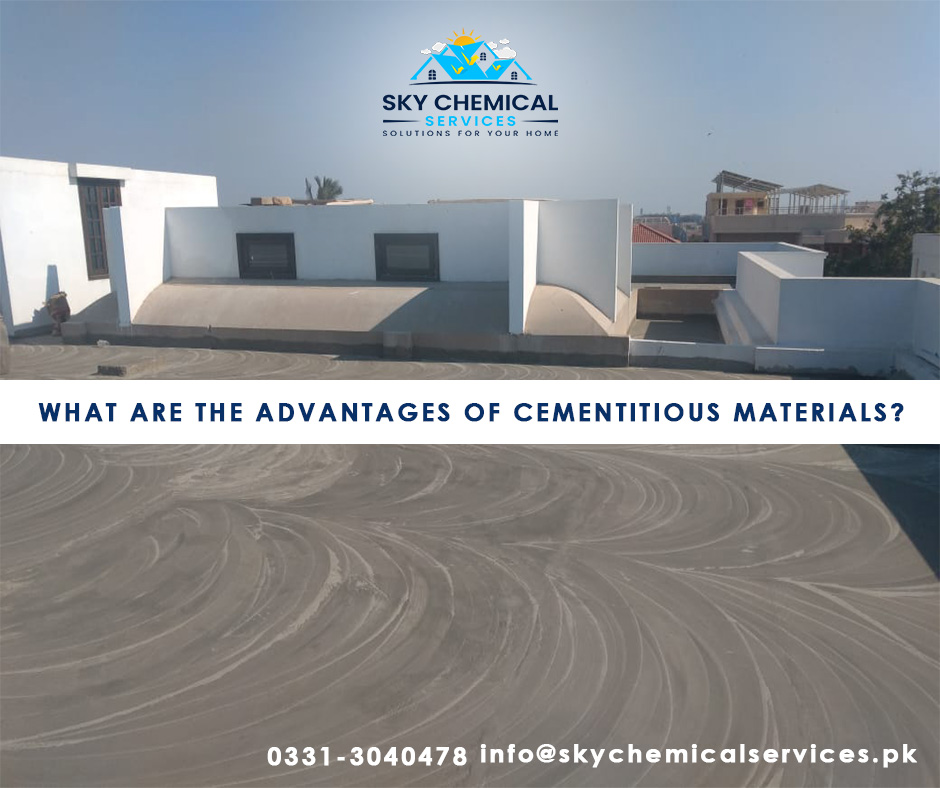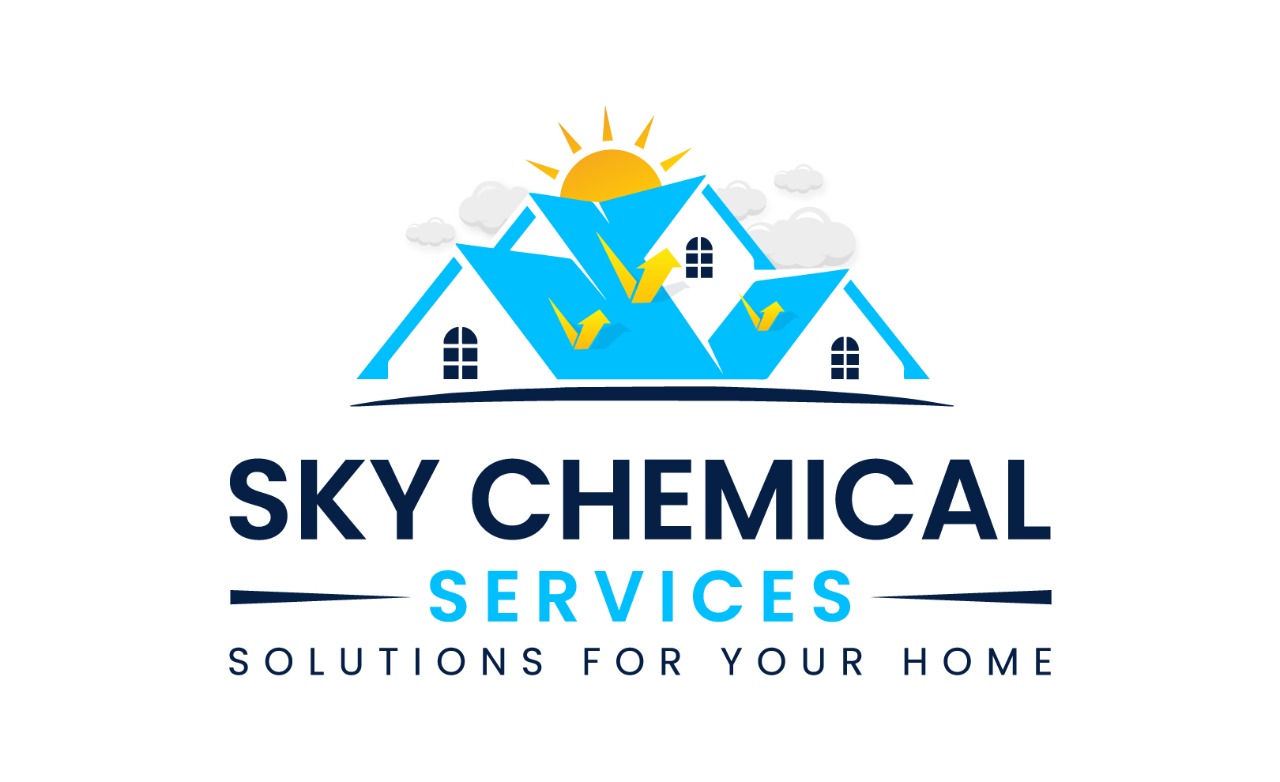
Cementitious materials play a crucial role in the construction industry. And, their importance cannot be overstated. These materials, composed of water, cement, and various aggregates, offer a wide range of advantages for homeowners and businesses. Whether it’s in the form of concrete, mortar, or other applications, cementitious materials are an indispensable component of our built environment.
Strength and Durability
One of the primary advantages of cementitious materials is their exceptional strength and durability. When mixed properly, these materials can withstand significant loads and resist wear and tear over time. Concrete, for example, is renowned for its compressive strength, making it an ideal choice for structures that need to bear heavy loads, such as bridges, skyscrapers, and highways. Moreover, cementitious materials offer excellent resistance to fire, extreme weather conditions, and chemical exposure.
Read More
How Can We Seal Exterior Brick Walls?
What is the Best Concrete Ratio for Waterproofing?
How Do You Waterproof the Foundation From The Inside?
Versatility
Depending on the mix proportions, additives, and curing methods, cementitious materials are designed for various purposes. For example, high-strength concrete is applied on buildings and heavy industrial facilities, while self-compacting concrete is ideal for intricate architectural designs. Mortar, another cementitious material, is indispensable for masonry and plastering work. The adaptability of cementitious materials makes them a go-to choice for construction projects.
Cost-Effectiveness
Cementitious materials are cost-effective in the long run. Their initial rate is competitive or even lower than other building materials, especially when considering the abundance of raw materials. Moreover, their low maintenance requirements and durability help reduce ongoing expenses, making them an economically sound choice for construction projects.
Sustainability
In an era where sustainability and environmental considerations are important, cementitious materials have taken significant strides in reducing carbon footprint. Sustainable cement production practices, such as alternative fuels and supplementary cementitious materials (SCMs) like fly ash and slag, have led to lower greenhouse gas emissions.
Thermal Mass
Cementitious materials are thermally-sound. In other words, they can absorb and store heat effectively. This quality helps regulate indoor temperatures. Moreover, it reduces the need for energy-intensive heating and cooling systems, contributing to energy efficiency and reducing operational costs.
Fire Resistance
Cementitious material possess fire resistance properties, making them an excellent choice for various applications. Concrete and other cementitious materials resist spalling, where the outer layer cracks and falls off when exposed to high temperatures. This feature is crucial for the safety of buildings and infrastructure.
Sound Insulation
Cementitious material also serve as effective insulators. Their density and mass help dampen noise, making them suitable for sound-proof applications, as in residential buildings, schools, and hospitals. Additionally, the sound-absorbing properties of cementitious material, when properly engineered, can enhance acoustic comfort in indoor spaces.
Read More
Which Cement is Used for Roof Treatment?
Advantages of Expansion Joint Treatment in Buildings
Concrete Foundation Waterproofing: A Complete Guide
Aesthetic Appeal
While cementitious materials are associated with structural functionality, they can also contribute to the aesthetic appeal of closed structures. Concrete, for example, can be molded into a variety of shapes and textures, allowing for creative and distinctive architectural designs. This versatility enables architects and designers to explore innovative possibilities, enhancing the visual appeal of structures.
Low Maintenance
Cementitious material require minimal maintenance, especially when compared to alternative construction materials like wood or steel. Properly constructed and cured cement-based structures can last for decades with minimal upkeep.
Recyclability
Cementitious material can be recycled and reused. Concrete and other cement-based products can be crushed and processed for use in new construction, reducing the demand for new materials.
Bottom Line
Cementitious material offer a myriad of advantages that solidify their status as a foundational component of modern construction. From strength and durability to versatility, cost-effectiveness, and sustainability, these materials continue to play a pivotal role in shaping our built environment. As the construction industry evolves to meet the demands of a changing world, cementitious material will likely remain a vital and innovative solution for building the structures of tomorrow.
Contact Sky Chemical Services for an early appointment!
